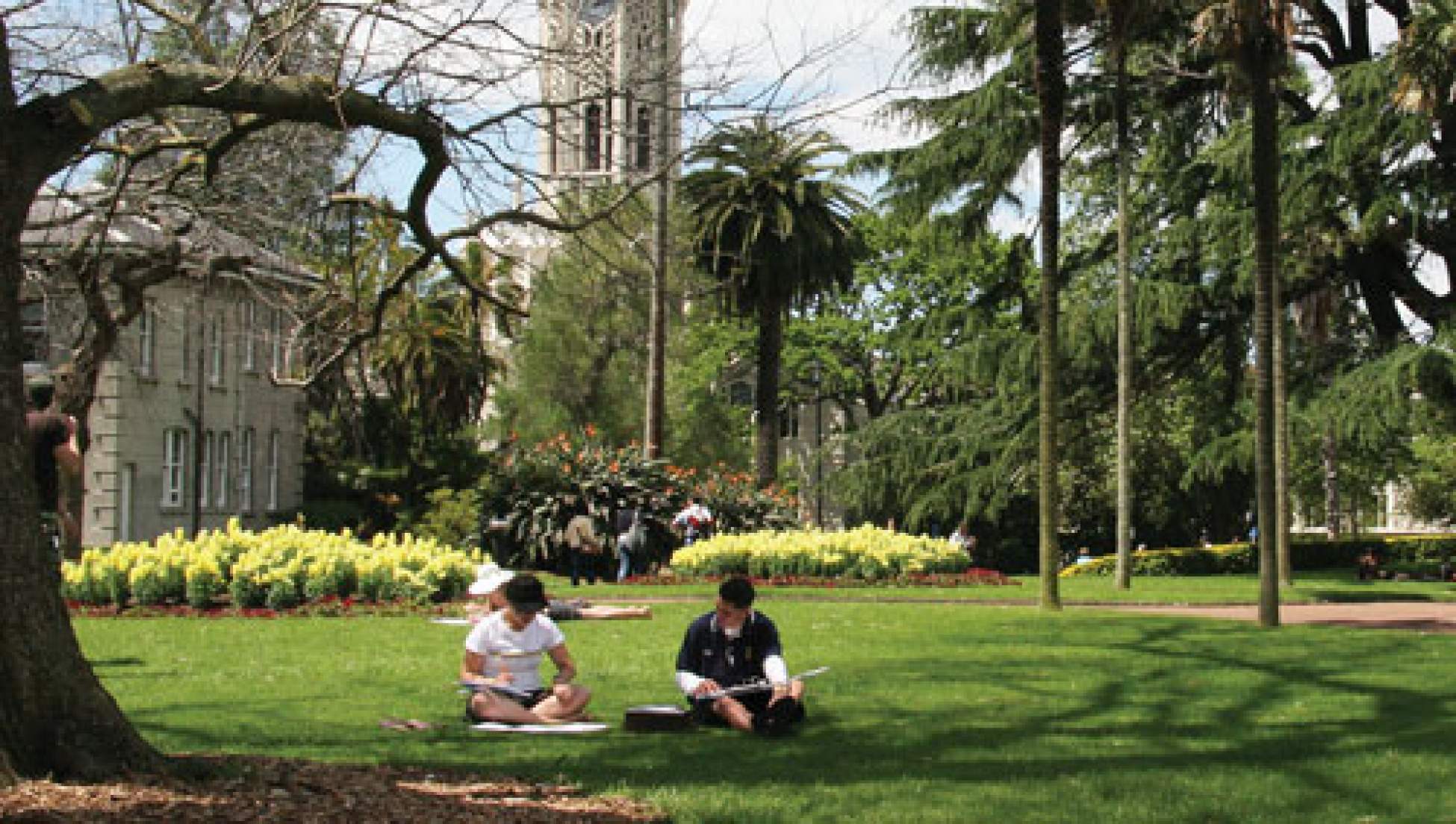Check out this guide to university study abroad programmes.
Do you want to prove to yourself—and future employers—that you have what it takes to adapt and function in a new environment? An international student exchange programme is an excellent way to develop practical skills for success in today's job market. Glynn Hunter, Director of University of Calgary's Centre for International Students and Study Abroad, says that by 2010, the university aims to have 30 percent of their students graduating with some overseas experience; most other Canadian universities also have a commitment to increasing internationalization. Increasingly it is recognized that students who participate in an international exchange return with career-building skills like fluency in a second language, real-life work experience, and intercultural skills and knowledge.
What are your options for studying abroad?
There are a number of ways you can study overseas as part of your university degree. One of the most straightforward is to visit your international office and find out which overseas universities your school has exchange agreements with. These agreements will normally allow you to study at a partner institution for up to a year, while paying Canadian tuition fees to your home university. One of the main advantages to choosing this option, besides not paying foreign student fees, is that credits are often more easily transferred to your degree at home.
It's still possible, of course, to attend university overseas even if your university doesn't have an exchange agreement with a particular institution in another country. It will simply require a bit more work on your part. You'll need to consult with your study abroad advisor at home, as well as with the admissions office of the overseas university to make sure that you meet all the necessary admissions requirements. You will also be paying tuition to the overseas university rather that to your own school.
Another option is to participate in a field studies programme, which many universities offer. In this case, a professor takes a group of students abroad and teaches a course there, or a group travels overseas and is taught by local professors. These are growing in popularity and can last up to 15 weeks. Many, but not all, of these programmes are open to third or fourth year undergrad students, or graduate students, and you may be required to take one or more pre-requisite courses. It's best to check with your international department for options and details well in advance.
Co-op programs combine periods of academic study with periods of work experience as an integral part of your degree. Tony Munro, International Co-op Coordinator at the University of Waterloo says, "Leaders in a variety of industries are becoming convinced of the benefits of hiring students while they are co-op students, in order to get a head start on attracting the best students and exposing them to their company as early as possible." While it is not strictly a study abroad programme, a co-op programme has many benefits: exposure to a different work environment, gaining different perspectives and establishing a network of connections within the industry.
Applying to study overseas
If you're serious about studying abroad, you'll need to start getting organized up to a year before your intended departure date. To start the application process, many universities require that you attend information sessions run by their international department, geared towards guiding you through the array of options. You will need to make sure that when it comes time to apply, you have met all the eligibility requirements, taken prerequisite courses if they're necessary and that you've started looking into visa requirements (if any) for your stay in another country.
An application to study abroad will usually require you to submit a resumé, transcripts, a statement of interest, two academic references and undergo an interview. Typically, you will need to have a minimum grade point average (GPA) of about 2.25, but this requirement can rise sharply depending on the popularity of the course or the institution you are applying to. You may also need to have completed a minimum number of credit hours within your home institution.
While many institutions overseas teach in English, some will teach only in the local language and may require a certain level of language proficiency. Some universities offer intensive language training before or during the semester to improve your language skills—another reason to start planning early, as you may be able to incorporate language training into your studies here in Canada before you go.
Credit transfer is another crucial consideration and, because of this, part of the application process involves meeting with an academic advisor in your home faculty to discuss the courses you'd like to take while on exchange. In general, the courses need to be approved by your home faculty in advance, as credit transfer is not always automatic.
Looking back, looking forward
In five years, what will you remember about that third-year lecture on microeconomics? Not much. What will you recall about your time living overseas? Plenty. Along with the credits earned on your transcripts, you will not only have independently explored new frontiers, but discovered a part of yourself that you didn't know was there. And that can't be graded. The details are really yours to fill in. So what are you waiting for?
Read more:
Some resources to get your studies abroad started
Cheryl Dunkerton spent the past decade travelling and teaching in Asia and North America. She is a freelance writer and can be reached at www.advocatecopy.com
Add this article to your reading list



